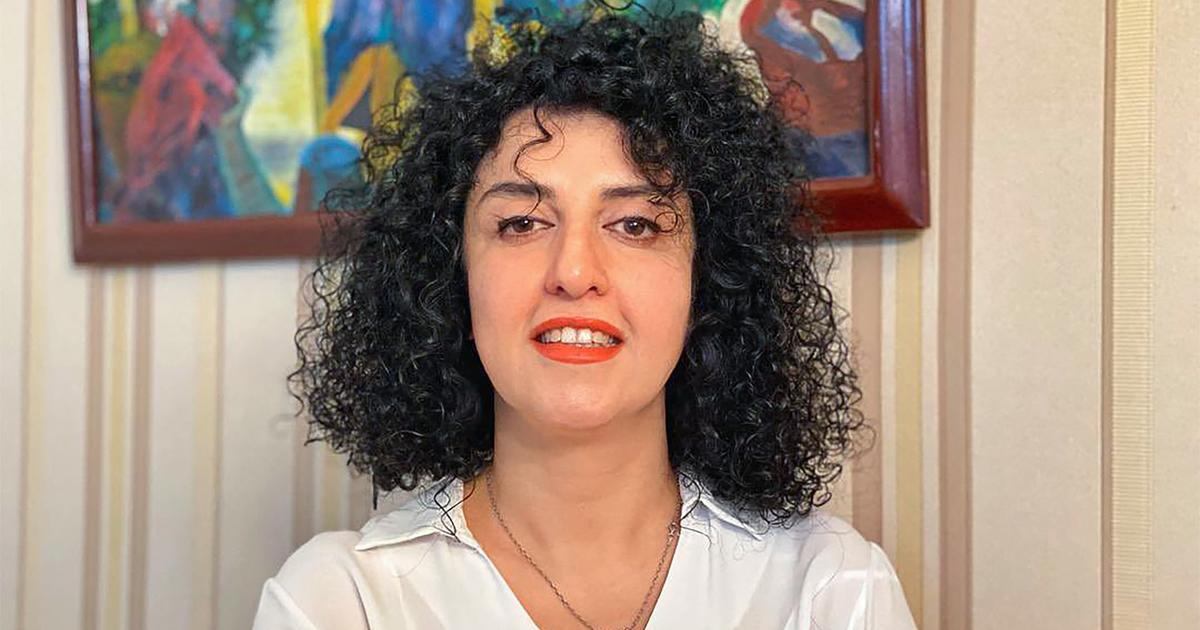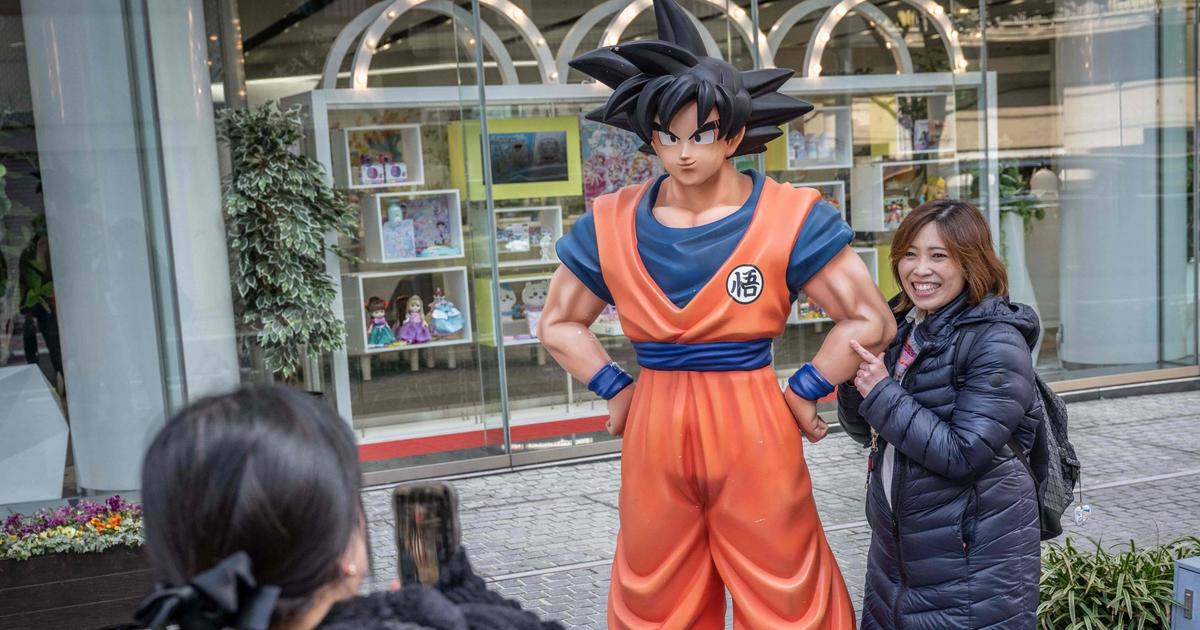The Japanese writer Kenzaburo Oé, awarded the Nobel Prize for Literature in 1994, has died in Tokyo at the age of 88, his Japanese publishing house, Kodansha, announced Monday.
The author passed away on March 3, but has not been made public until now.
Considered a left-wing radical in a country with few dissonances, Oé was born on January 31, 1935 on the Japanese island of Shikoku, where he spent his childhood and adolescence.
He studied French Literature at the University of Tokyo, studies that marked his literature: he was always considered highly influenced by French literature, especially by Jean-Paul Sartre.
Oé made his debut as a writer in 1957. His short story
The Catch
, which narrates the capture of a black American pilot in Japan during World War II, received the prestigious Akutagawa Prize for promising young men in 1958. His first novel, Tear Off
the seeds, shoot the children.
Initially described as the
terrible child
of Japanese letters for his relentless criticism of Japanese society, Oé described his literature as "grotesque realism" and said he was indebted to Spanish-speaking culture.
The birth of his son Hikari in 1963, who suffered from hydrocephalus and was diagnosed with autism, marked his life and his literature, with titles such as Tell us how to survive
our madness
or
A personal matter.
, his first work translated into Spanish.
It is a semi-autobiographical novel centered on the life of the father of a son born with a brain disorder.
In one of the most devastating phrases, the protagonist says regarding the newborn: "I only have two paths, either I strangle him with my own hands or I accept him and raise him."
In real life, Oé raised his son Hikari and managed to turn him into a chamber music composer who sold close to a million records with his first release.
ideological bet
The readings of the Japanese Nobel were marked by the anti-Americanism of the generation that lived through the atomic bombs of Hiroshima and Nagasaki.
His frequent travels as an academic allowed him to see first-hand the reality of other countries and he considered himself a politically committed and ideologically Sartrean writer.
In 1994 he was awarded the Nobel Prize for Literature.
Despite the fact that he had as a maxim not to relate to governments of any kind, neither in the country nor outside it, he considered that the Nobel was awarded to him by the Swedish people.
He was the second Japanese writer to win the highest literary award, after Yashunari Kawabata in 1968. Later, in 2017, Kazuo Ishiguro would receive it.
In 2007, he was awarded the highest French decoration, the Legion of Honor.
The Nobel used his prestige to pursue an agenda focused on questioning the Japanese imperial system and the responsibility of the Japanese government in World War II.
He was an active defender of the victims of the Hiroshima atomic bomb and since 2011, after the triple tragedy of earthquake, tsunami and nuclear accident in Fukushima, he reinforced his attitude against nuclear energy.
He then published in
The New Yorker
a denunciation of the Japanese nuclear industry, which he accused of "lack of respect for human life" and described as "the worst possible betrayal of the memory of the victims of Hiroshima."
In 2004 he was one of the founders of the pacifist group Association for Article 9, whose objective was to defend the clause of the 1947 Constitution that obliges Japan to renounce war to resolve international disputes.
Hispanic link
His connection with the Spanish-speaking world began in 1976 when he lived in Mexico, invited as a professor at the Colegio de México.
For his work
Dojidai Gemu
, (The Game of the Contemporary), a fantastic recreation of the history of Japan, he was inspired by a mural by Diego Rivera titled
Sueño de una tarde dominical en la Alameda central
, and by
One Hundred Years of Solitude
, by Gabriel Garcia Marquez.
According to the North American critic Susan J. Napier, while García Márquez equated the founders of Macondo with Adam and Eve,
Dojidai Gemu
puts before the founders of a town the dominant Japanese mythology of the goddess of the sun, progenitor of the Japanese imperial house.
In the 1990s, he had an epistolary exchange with Mario Vargas Llosa published in EL PAÍS, in which Oé denounced the lack of support from the Japanese PEN Club to defend the persecution of South Korean authors and the Spanish-Peruvian writer spoke of "settling for the slow and boring progress of democracy, instead of seeking the unattainable utopia, which generates catastrophes”.
In 2010 he participated in a discussion at the Cervantes Institute in Tokyo with the Spanish writer Javier Cercas, shortly after reading the Japanese translation of
Soldados de Salamina,
which he described as a "masterpiece".
In that dialogue, he recounted the influence of Cervantes's work in his college days through
The mission of literature
, a book by French author Georges Duhamel that urges future writers to emulate the author of Don Quixote: "Do you say you want to write good novels
Pay attention to me then and embark in some port.
Travel the world earning your livelihood with modest occupations, and endure poverty.
Do not rush to take up the pen.
Submit to pain and suffering.”


/cloudfront-eu-central-1.images.arcpublishing.com/prisa/OHXLFBWROJHYTONFRSHBKYUOIU.jpg)

/cloudfront-eu-central-1.images.arcpublishing.com/prisa/T64LVSQLMRBDPKNF5NQ2IQUK4E.jpg)


/cloudfront-eu-central-1.images.arcpublishing.com/prisa/TY47FSPP2RB4BEVHHZRVRO4QLY.jpg)

